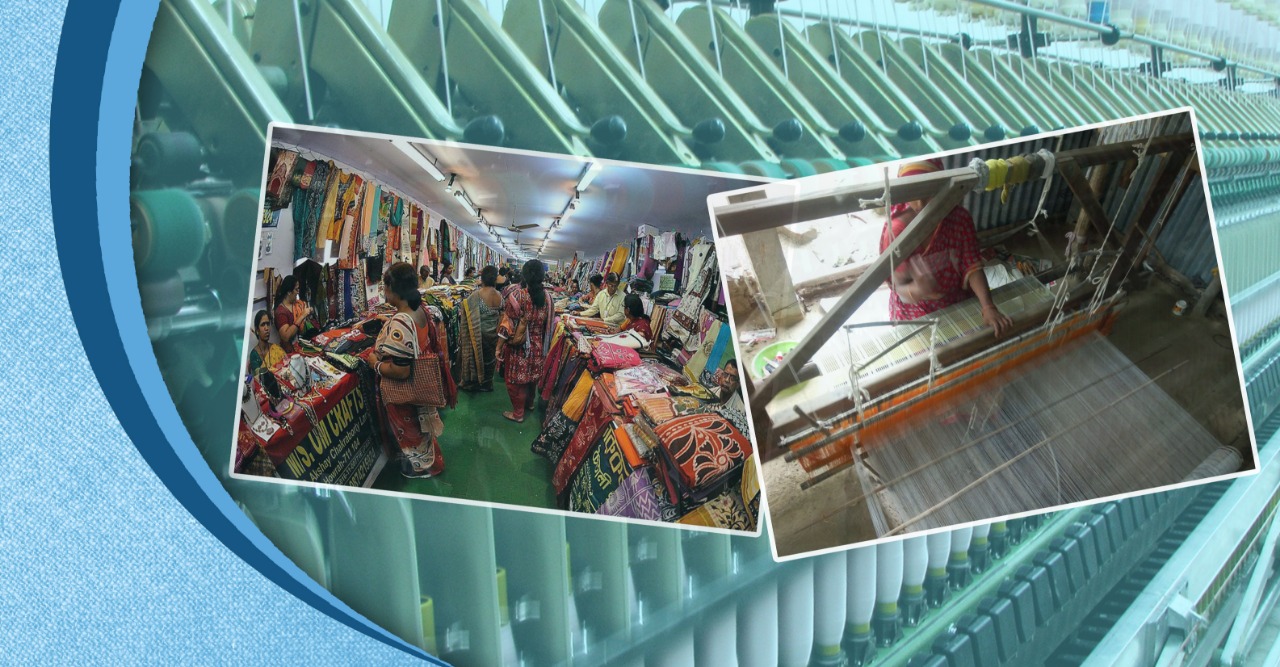The West Bengal Khadi & Village Industries Board, under the Micro, Small & Medium enterprises and Textiles Department, has made significant progress in helping artisans across Bengal get access to proper, organised forums.
This has helped them in getting a respectable livelihood by using skills, many of which are handed down from generation to generation.
- 8.5 times increase in number of khadi artisans between financial years (FY) 2011-12 and 2017-18
- Over 29 times increase in sales of khadi products between FYs 2011-12 and 2017-18 to Rs 96.8 crore
- Project Muslin being implemented, covering 3,000 muslin weavers
- Project Saal Leaf launched involving 1,800 self-help groups (SHG), with a Centre of Excellence established in Jhargram
- Project Mat launched, benefitting 2,500 mat artisans
- Project Sabai launched, involving 2,100 artisansThe above facts prove once again that the khadi artisans have never seen a time as good as under the kind patronage of Chief Minister Mamata Banerjee.


